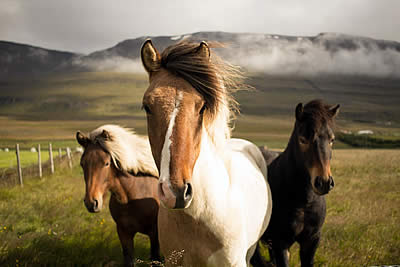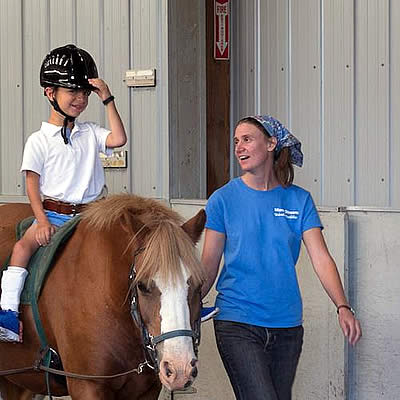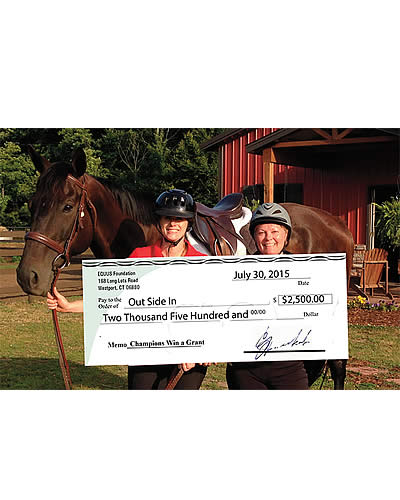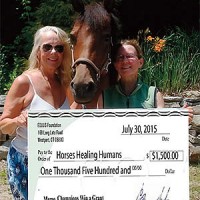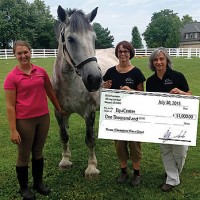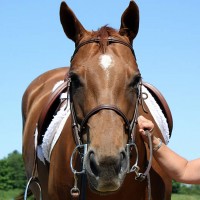When my sister was only seven years old, doctors gave her a life-changing diagnosis: her pancreas stopped working. Years later, additional problems with her health emerged — some worse than others. When my sister was in her early twenties, doctors diagnosed her with epilepsy. Seemingly overnight, an invisible hand turned her world upside down. My sister watched in dismay as her independence evaporated. She could no longer drive. Completing her coursework became impossible, so she had to withdraw from school for a while. Epilepsy weakened her body so badly that — at first — she couldn’t even manage the short walk to the bathroom unassisted; she’d collapse before making it halfway. The limitations that my sister’s body placed on her drove her into a depression. She mourned the loss of her former life. Nothing anyone said seemed to lessen her pain.
Then one day, my parents and I gifted her a Siberian Husky puppy — Leia. (Fun fact: we actually found Leia on Craigslist the morning of my sister’s birthday; the listing had been posted merely hours earlier.) When we brought Leia home, she was as small as a chihuahua, yet she came into my sister’s life with the force of a category five hurricane. The whole family noticed an instant change in my sister. She spent less time isolating herself and more time with the family. She talked more. She smiled more. After a while, she confided in us that Leia took up so much of her time that she didn’t have as many opportunities to entertain the somber thoughts that used to fill her mind. Leia slowly pieced my sister’s heart back together. In that special way that only animals are capable of, Leia offered my sister an escape from her troubles — the perfect distraction.
Observing the effect that Leia’s mere presence had on my sister’s wellbeing inspired the idea for Three Horseshoes Ranch. I began to think that it would be wonderful if children dealing with chronic illnesses had someone like Leia in their life — someone that could make them forget about their troubles, even if only for a little while. Three Horseshoes Ranch will offer such an escape. It will give ill children the opportunity to interact with ponies and ride horses. Children of all ages and riding ability will be welcome to visit the ranch as often as they’d like, and the ranch will have on-site instructors to provide lessons.
Because the expenses of having a child with health issues are often exorbitant and money is thus often tight, all of this will be offered completely free of charge. The ranch will fund the program through other services offered to the public — such as boarding. To make Three Horseshoes Ranch a reality, we need your help. We need funds to acquire land (we are currently looking in south Florida), find the perfect horses and ponies for the program, and build the necessary facilities (such as riding arenas, restrooms, shelters for the horses and ponies, etc.). The costs of getting a project like this off the ground are so high that — without donations — it could take years before Three Horseshoes Ranch opens. You can change that. Every donation gets us closer to our goal. And your donation will make a difference in the life of not just one child but in the lives of scores of children. Please consider making a donation today and sharing this fundraiser with others; the more people that you share this fundraiser with, the more likely we are to reach our goal. Thank you so much for your time and support!
Here’s the link to the page: https://www.gofundme.com/f/equineassisted-therapy-program-fundraiser.
By Jessica Hernandez
jessymarie77@gmail.com
